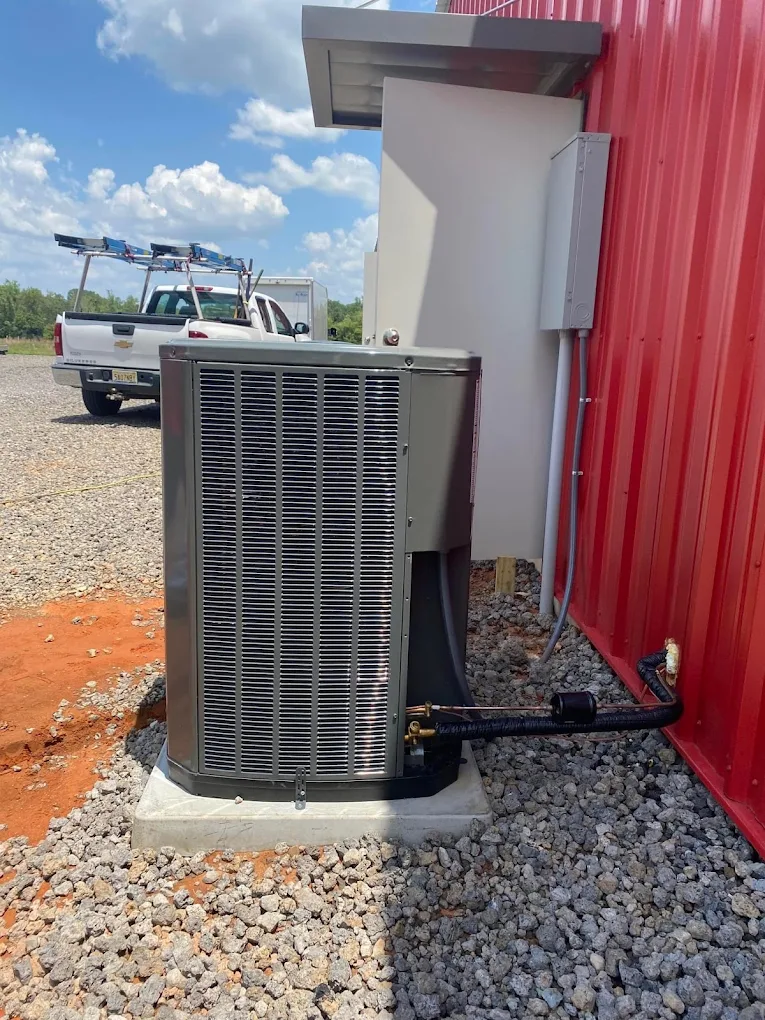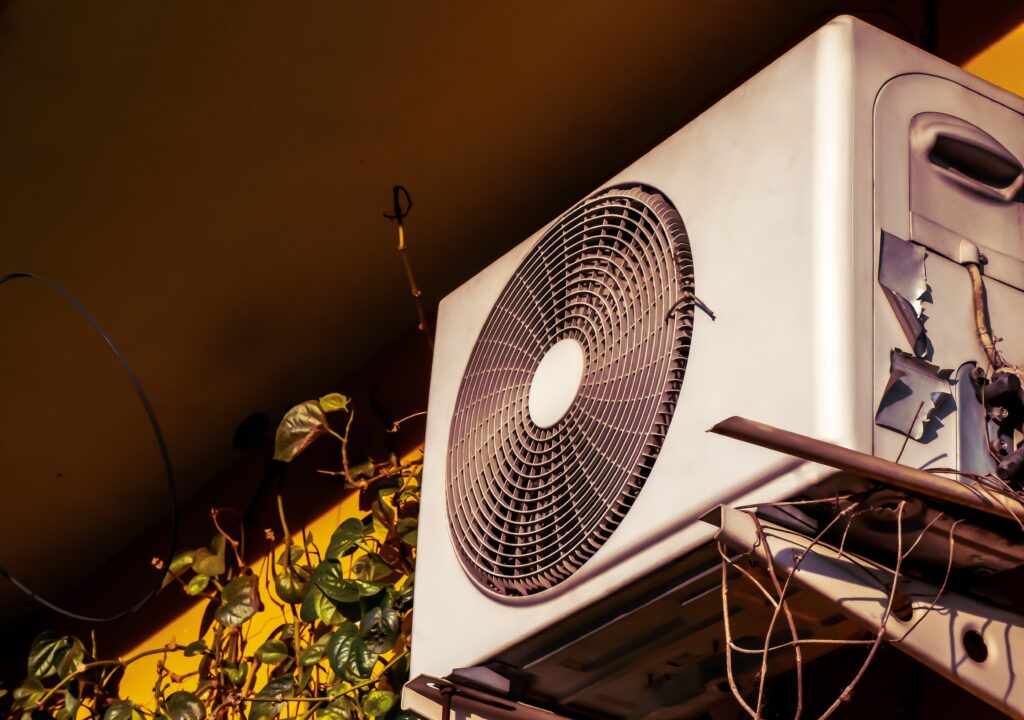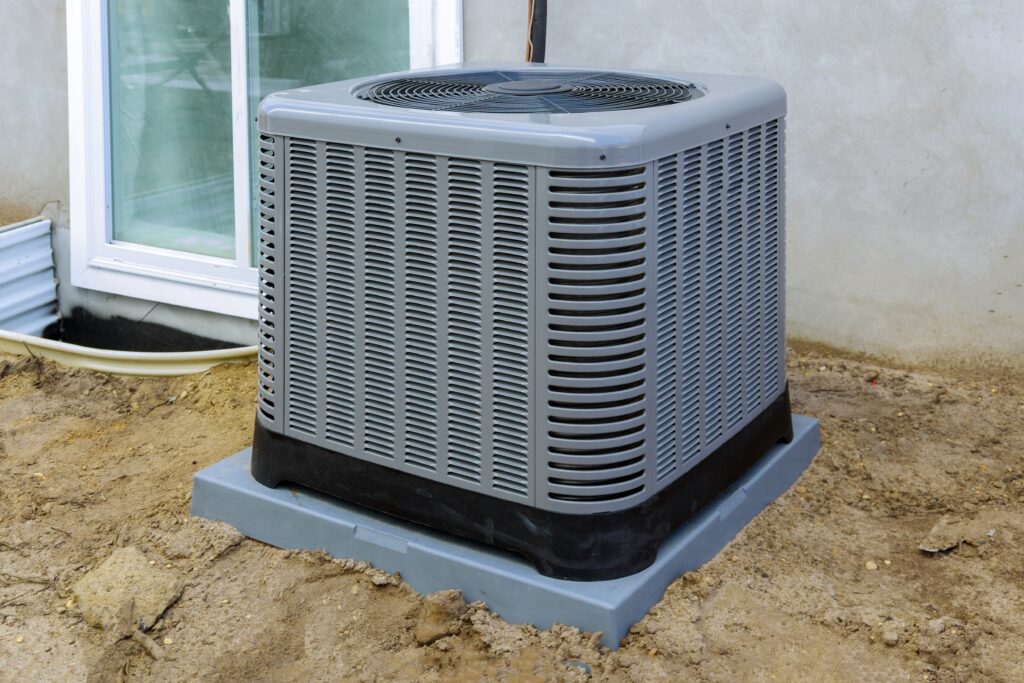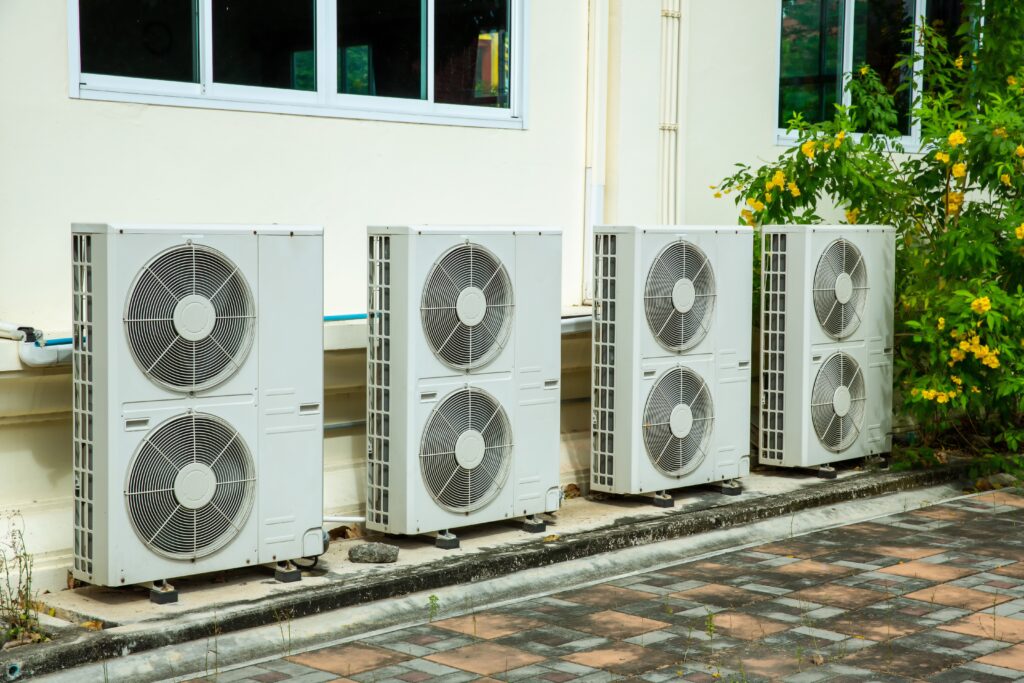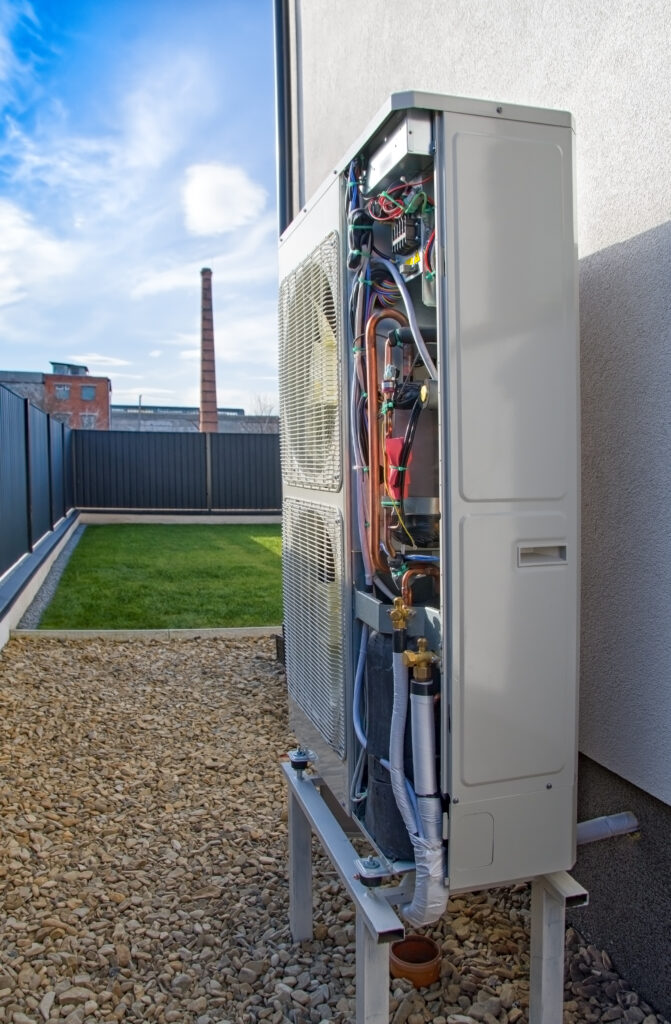What Type of HVAC Unit Is Right for Your Home in Gulf Shores?
Choosing a new heating, ventilation, and air conditioning (HVAC) unit is one of the most important decisions you will make as a homeowner. The right system directly impacts your daily comfort, monthly energy consumption, and long-term household expenses. A poorly chosen unit can lead to years of frustrating performance, high utility bills, and premature replacement. This is especially true in the demanding climate of Gulf Shores, Alabama, where a powerful and efficient cooling system is not a luxury, but a necessity.
Making the right choice requires more than just picking a brand name. It involves matching the system’s technology and capacity to your home’s specific needs. Professional guidance is essential to navigate the options and ensure your investment pays off in comfort and efficiency. At Wynn Creek AC, we specialize in helping homeowners in Gulf Shores and the surrounding Baldwin County communities find the perfect HVAC solution tailored to their home, budget, and lifestyle.
Know Your HVAC System Options
The first step is to understand the different types of HVAC systems available. Each operates on different principles and offers unique advantages and disadvantages.
Central Air Conditioners: This is the most common system in American homes. It uses a network of ducts to distribute cooled air from a central indoor unit (typically paired with a furnace or air handler) and an outdoor unit (the condenser).
Pros: Highly effective at cooling an entire house evenly. They are relatively unobtrusive, with only grilles and vents visible inside the home.
Cons: Requires ductwork, which can be costly to install in a home that doesn’t have it. The efficiency of the entire system depends on well-sealed and properly designed ducts.
Heat Pumps: A heat pump looks and functions just like a central air conditioner in the summer. The key difference is that it can also reverse its operation to provide efficient heating in the winter. Instead of burning fuel to create heat, it extracts ambient heat from the outside air and moves it inside.
Pros: Extremely energy-efficient for both heating and cooling, making them ideal for the mild winters in Gulf Shores. They provide an all-in-one solution, simplifying installation and maintenance.
Cons: While highly efficient in moderate cold, their heating performance can decline in freezing temperatures, sometimes requiring a supplemental heat source for backup.
Ductless Mini-Split Systems: These systems are a great alternative for homes without existing ductwork or for managing temperatures in specific zones. They consist of an outdoor compressor unit connected to one or more indoor air-handling units mounted on a wall or ceiling.
Pros: Offer excellent zoned control, allowing you to set different temperatures in different rooms, which saves energy. They are very efficient as there is no energy loss through ductwork. Installation is less invasive than adding a full duct system.
Cons: The initial cost can be higher than a central system if you need to cool many individual rooms. The indoor units are visible and may not suit all aesthetic preferences.
Furnaces and Hybrid Systems: A traditional furnace burns natural gas, propane, or oil to generate heat. A hybrid system, also known as a dual-fuel system, combines an electric heat pump with a gas furnace. The system intelligently switches between the two, using the hyper-efficient heat pump most of the time and engaging the powerful furnace only during the coldest weather.
Pros: Hybrid systems offer the best of both worlds: incredible efficiency for most of the year and powerful, reliable heating for the rare cold snaps.
Cons: This is the most complex and expensive type of system to install upfront, as it involves two different technologies.
Consider the Size and Layout of Your Home
One of the biggest mistakes a homeowner can make is buying an HVAC system that is the wrong size. An undersized unit will run constantly without ever reaching the desired temperature, leading to high energy bills and excessive wear and tear. An oversized unit is even worse. It will cool the space too quickly and shut off before it has a chance to dehumidify the air, leaving you with a cold, clammy, and uncomfortable environment. This rapid on-and-off process, known as short-cycling, is also highly inefficient and hard on the equipment.
To avoid this, a professional contractor must perform a proper load calculation, known as a “Manual J” calculation. This detailed analysis goes far beyond simple square footage. It accounts for your home’s layout, window size and type, insulation levels, air leakage, local climate, and even the direction your home faces. This calculation determines the precise amount of heating and cooling your home needs.
The layout of your home also plays a critical role. A multi-level home may require a zoning system to maintain even temperatures, as heat naturally rises. Open floor plans have different airflow dynamics than homes with many segmented rooms. A professional from Wynn Creek AC will assess your home’s layout to ensure the chosen system and its ductwork are designed to deliver conditioned air effectively to every corner of your house.
Evaluate Energy Efficiency Needs
An HVAC system is a major energy consumer, so its efficiency rating will have a direct impact on your utility bills for the next 10 to 15 years. The key metric for cooling efficiency is the Seasonal Energy Efficiency Ratio, or SEER rating.
You will see two ratings today: SEER and SEER2. As of 2023, the Department of Energy implemented a new testing standard called SEER2, which uses more realistic real-world conditions to measure efficiency. While the numbers are slightly different (a 16 SEER unit is roughly equivalent to a 15.2 SEER2 unit), the principle is the same: the higher the number, the more efficient the unit.
In a hot and humid climate like Gulf Shores, a high-efficiency unit is a smart investment. While a system with a higher SEER2 rating may have a greater upfront cost, it can generate significant savings on your monthly electricity bills. Over the lifespan of the unit, these savings can often offset the initial price difference. A Wynn Creek AC consultant can help you calculate the potential long-term savings of different efficiency models to determine the best value for your budget.
Focus on Comfort Preferences
Modern HVAC systems offer a range of features designed to enhance your comfort beyond simple temperature control.
Zoning: As mentioned, zoning allows you to divide your home into distinct areas and control the temperature in each one independently. This is perfect for accommodating different comfort preferences within the family or for saving energy by not fully cooling unused rooms.
Humidity Control: In coastal Alabama, controlling humidity is just as important as controlling temperature. High humidity makes the air feel warmer and can promote the growth of mold and mildew. Many modern air conditioners and heat pumps have advanced features, like variable-speed blowers, that are excellent at removing excess moisture from the air, creating a more comfortable and healthier indoor environment.
Noise Level: The operating noise of both the indoor and outdoor HVAC units can be a factor, especially if the outdoor unit is located near a bedroom window or patio. Manufacturers list the sound level in decibels (dBA). If quiet operation is a priority, look for systems with lower decibel ratings.
Smart Thermostat Compatibility: A smart thermostat can learn your schedule, automatically adjust temperatures to save energy, and allow you to control your HVAC system from your smartphone. Most new HVAC systems are compatible with this technology, which provides the ultimate in convenience and energy management.
Understand Installation Requirements
The physical realities of your property will also influence your HVAC choice.
Space Limitations: Central systems require a place to house the indoor air handler (often a closet, attic, or basement) and a flat, stable surface outside for the condenser unit. Ductless systems need clear wall or ceiling space for the indoor heads. Our technicians will assess your property to confirm there is adequate space and clearance for safe and effective installation and future maintenance.
Ducted vs. Ductless: If your home already has a well-maintained duct system, a central air conditioner or heat pump is often the most straightforward choice. If you don’t have ductwork, or if your existing ducts are old and leaky, a ductless mini-split system may be a more cost-effective and efficient solution than installing or replacing a full duct network.
Electrical and Structural Requirements: A new HVAC system, particularly a larger or more powerful one, may require an upgraded electrical circuit or breaker. Our team will inspect your electrical panel to ensure it can safely handle the load of the new equipment.
Set a Realistic Budget
The cost of a new HVAC system can range widely depending on the type, size, efficiency, and brand. It is a major investment, but one that pays dividends in comfort and home value. On average, homeowners can expect to invest several thousand dollars in a new system. Ductless systems can vary greatly depending on the number of indoor units, while hybrid systems are typically the most expensive upfront.
It is also important to consider the expected lifespan of the unit, which is typically 12 to 15 years with proper maintenance. Investing in a quality installation and regular tune-ups is the best way to protect your investment and ensure it lasts as long as possible.
To make this investment more manageable, financing options are often available. Wynn Creek AC can help homeowners navigate options, including programs available through Alabama Power. These programs allow qualified homeowners to spread the cost of a new, energy-efficient system over time with manageable monthly payments.
Talk to a Licensed HVAC Professional
With so many variables to consider, the single most important step you can take is to consult with a licensed, experienced HVAC professional. An expert can perform the necessary load calculations, evaluate your home’s unique characteristics, listen to your comfort preferences, and explain the pros and cons of each option within your budget.
When you schedule a consultation with Wynn Creek AC, you can expect a thorough, no-pressure process. Our technician will inspect your current system, measure your home, and discuss your needs. We will then provide a clear, detailed recommendation outlining the best system options for your specific situation, explaining the costs and benefits of each. Homeowners across Baldwin County trust Wynn Creek AC because we prioritize honest advice and quality workmanship to ensure you get a system that delivers reliable comfort for years to come.
Choosing the right HVAC unit for your Gulf Shores home is a decision that balances technology, efficiency, budget, and your home’s unique layout. From central air conditioners and efficient heat pumps to versatile ductless mini-splits, the best system is the one that is professionally sized and installed to meet your specific needs. By considering your home’s size, your energy goals, and your comfort priorities, you can make an informed choice that will keep your family comfortable and your energy bills in check for over a decade.
If you are ready to explore your options, don’t leave it to guesswork. Invite a professional to provide the expert guidance you need. Schedule a free, no-obligation consultation with Wynn Creek AC today to find the perfect HVAC unit for your home.

